Issues faced
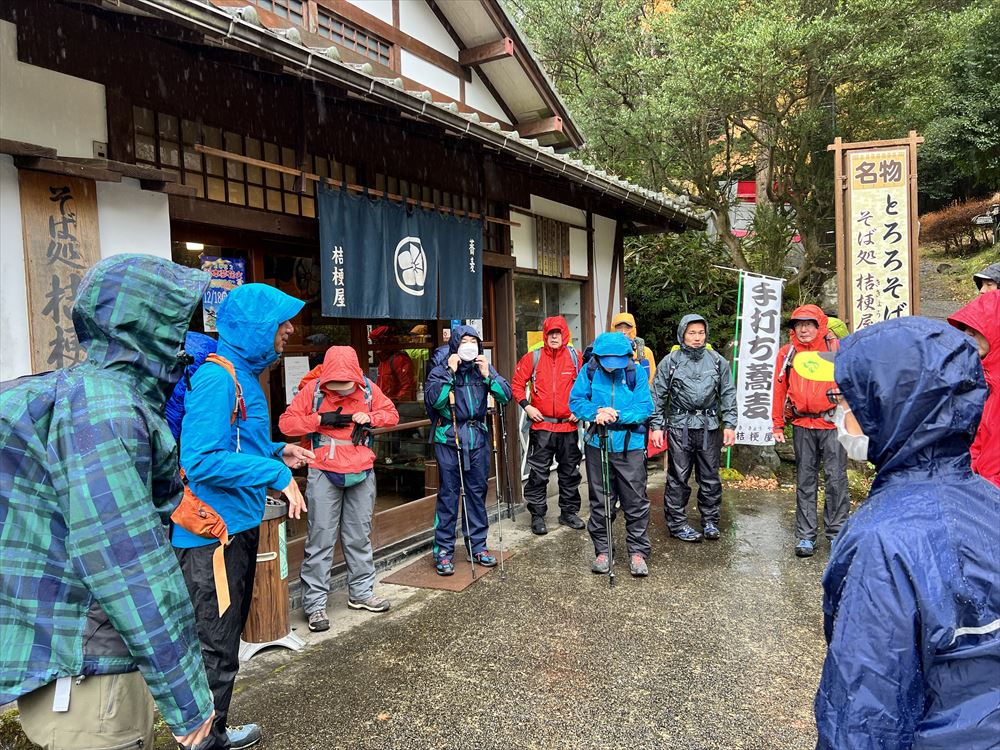
Hakone is a hot spring resort rich in nature located an hour and a half from Tokyo within the Fuji-Hakone-Izu National Park in Japan. Before Covid-19, approximately 20 million tourists per year visited this town with a population of 11,000 residents.
Increasing traffic congestion, lack of visitor guidance on responsible tourism, few opportunities for outdoor experiences and education, an increasingly active volcanic area, and other challenges were issues for the town. Visitors to the area lacked the personal guidance provided by guides and overall knowledge from local stakeholders on responsible tourism, safety, sustainable practices, and in-depth information on the many natural, geological, and cultural assets in the area.
A shift in the concentration from the number of visitors to the quality of visitor experience was needed.
Although Hakone has many attractive tourist resources, there were not enough guides to share the area’s natural and historic charms and inform visitors of sustainable and responsible visiting techniques. There were many different types of guides, including full-time, part-time, and volunteer guides, with varying degrees of knowledge and experience. A process to educate, certify, and connect guides with visitors was also lacking. As a result, many opportunities to educate visitors and improve their experience were lost. There was also a lack of able guides that could handle responsible adventure travel, allowing visitors unable to make the most of the natural resources available in the area which is located in the Fuji-Hakone-Izu National Park.
In response to this situation, Hakone Town and the Hakone DMO collaborated to formulate a multi-year plan for guide training in 2021, based on the belief that guide training could be one of the measures that would encourage people to stay overnight in the area, increase the economic benefits within the region, and learn to safely enjoy the region in a responsible and sustainable way.
Methods, steps and tools applied
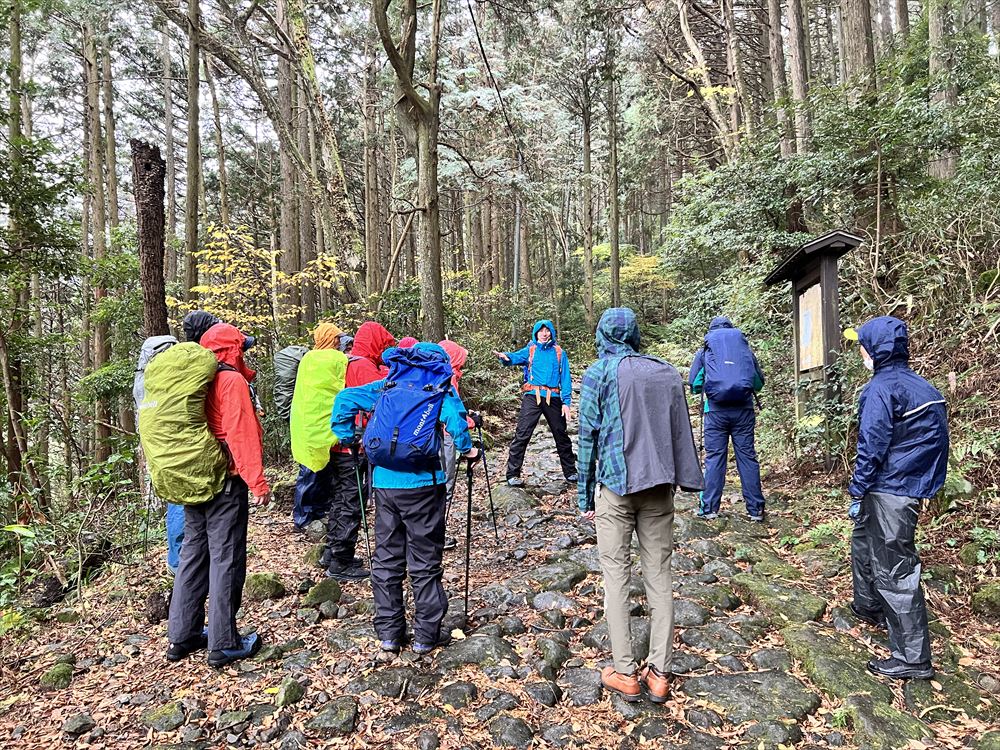
First, we launched the Hakone Guide Training Project. The leader of the project was an experienced local mountain guide, and the DMO supported him as the secretariat. The project members included stakeholders from the town; local hotels and accommodation, town office staff, tourism board members, private businesses, and local residents. The project created a unique three-tiered training program that could cater to different levels of participants.
The team started by identifying and organizing the types of guides needed in Hakone and their roles. Taking a medium to long-term perspective, the team built a strategy and schedule for guide training. As a result, the established Hakone Guide Training Project aimed to build a foundation for the comprehensive skill development required of guides, such as acquiring knowledge of tourism resources, customer service, natural disaster countermeasures, and outdoor first aid.
This project also aimed to develop highly specialized human resources that conformed with international standards and collaborates with other regions in Japan with comparable natural and community resources.
International standards include the Adventure Travel guide program incorporates external programs such as Wilderness First Aid Training, which is used in more than 30 countries around the world. The Leave No Trace, an environmental ethics program that is widely used in national parks in the United States also influences the structure and standards of the program. In addition, we have made sure to comply with the guiding standards advocated by ATTA, the Adventure Travel Trade Association.
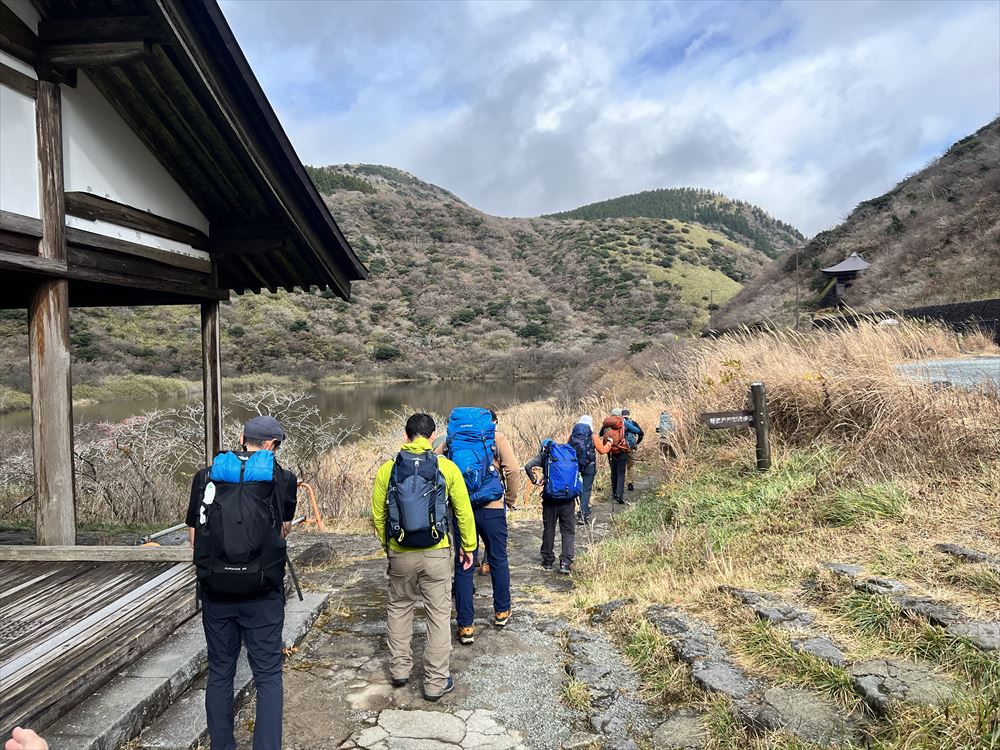
The program was divided into three parts, but with a unified overall direction that would allow for staged advancement and improvement for participants.
The Hakone DMO made this an official program with certification as it aims to improve the recognition of Hakone guides, promote new employment in the region, and improve the branding of Hakone as a tourist destination and as part of a sustainable business cycle.
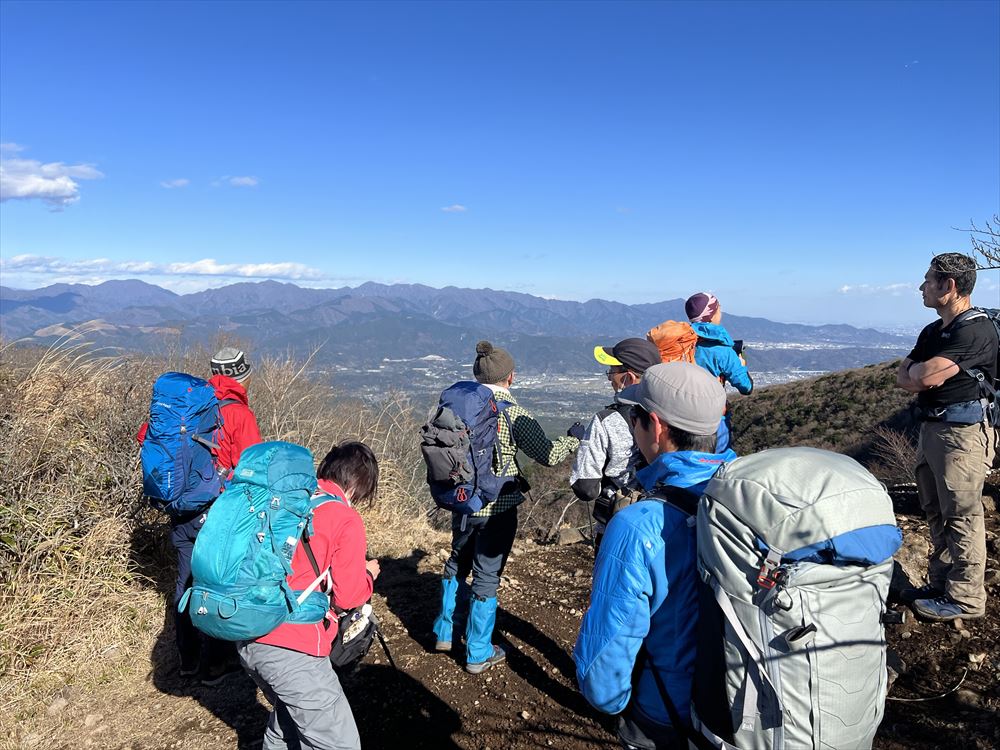
This project was conducted as a project of the Hakone DMO Strategy Committee with support from the town of Hakone, but in order to develop this multi-year guide training program, it was necessary to involve local professional guides and also local accommodations, activity providers, disaster prevention officials, town association members, public employees and various other stakeholders. The many stakeholders, each with different positions and perspectives, were able to build consensus by sharing their goals and a vision of what they wanted the town and program to achieve.
The factor that attracted program participants was the step-by-step training program, which consisted of three parts that was designed to provide more detailed and specialized information as participants proceeded.
| Step 1 | A general course designed for a wide range of people, including new employees of tourism businesses and hotel concierges, to acquire knowledge. |
|---|---|
| Step 2 | An intermediate course for tour guides, including itinerary management, volcano risk management, and first aid. |
| Step 3 | A specialized course designed for adventure travel guides. |
The courses were designed to be comprehensive and accessible to a wide range of people, from local business people with experience in tourism to new employees and even local residents who live in Hakone. In 2022, the second year of the program, applications for the program were fully booked in just two weeks.
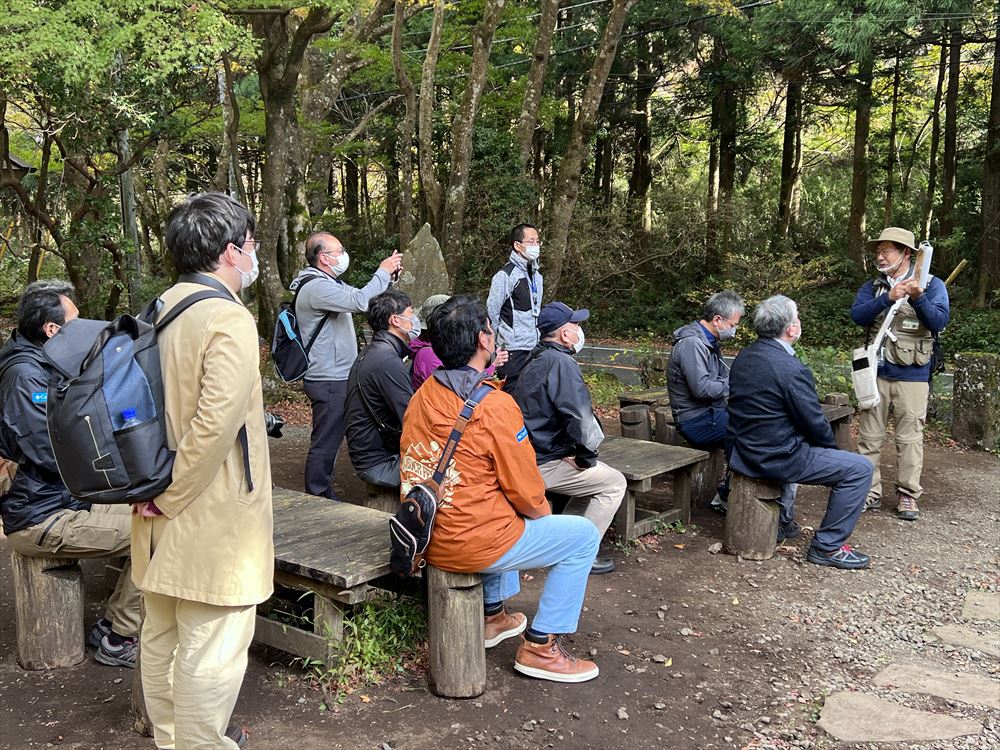
This project was organized by the DMO. It was difficult to successfully bring together people from different positions in the public and private sectors.
A local guide, who is also an experienced mountain guide and a certified interpreter/guide, led the project, and by setting specific goals and objectives based on his experience and explaining them in detail in order to realize them, we were able to implement the project with the approval of many stakeholders.
In order to formulate a systematic curriculum, it was necessary to enlist the cooperation of local experts. It was important to teach in a structured way not only knowledge of local history, culture, and nature, but also first aid and other skills. Therefore, it took time to prepare and negotiate with 18 experts from both the public and private sectors who were well knowledgeable about the natural resources of Hakone, natural disaster response, and historical and cultural attractions for the project curriculum.
The concept of the guide project is not only to increase in-region sales but also to promote local employment by creating a new career option for guides in the region. This training is also being incorporated into the training of staff who lead visitors to an active volcano, Owakudani, which currently requires visiting groups to be guided to ensure the safety of visitors. Hotel concierges have also begun offering their own tours after receiving this training, and the company will be more proactive in creating new jobs in the region through the DMO.
As a result of this initiative, a total of 74 people participated in the three sessions in the first year of FY2021, of which a total of 22 became certified guides. 2022 saw a continuation of the program with 100 participants in the first general session, 15 for the second, and 10 (maximum number) for the advanced third course. The Hakone DMO will start selling tours and introducing certified guides to travel agencies to provide them with opportunities to play an active role. In the future, the DMO aims to establish a system to grant a unique local interpreter guide certification to those who complete the Adventure Travel Guide Course. After that, in cooperation with the Ministry of the Environment, it is planned to horizontally expand this initiative to other areas throughout Japan to promote responsible, sustainable, and enriching experiences for visitors to different regions. This process has already started as we have begun sharing knowledge and development ideas for a program with guides from Azumino City in Nagano, Japan.
This project has helped train guides to share the wonders of Hakone with visitors, increase sustainable tourism, and alleviate congestion problems. This project has been reported in the local newspaper and is attracting the attention of many residents. (Published in the Shinsei Minpo newspaper)
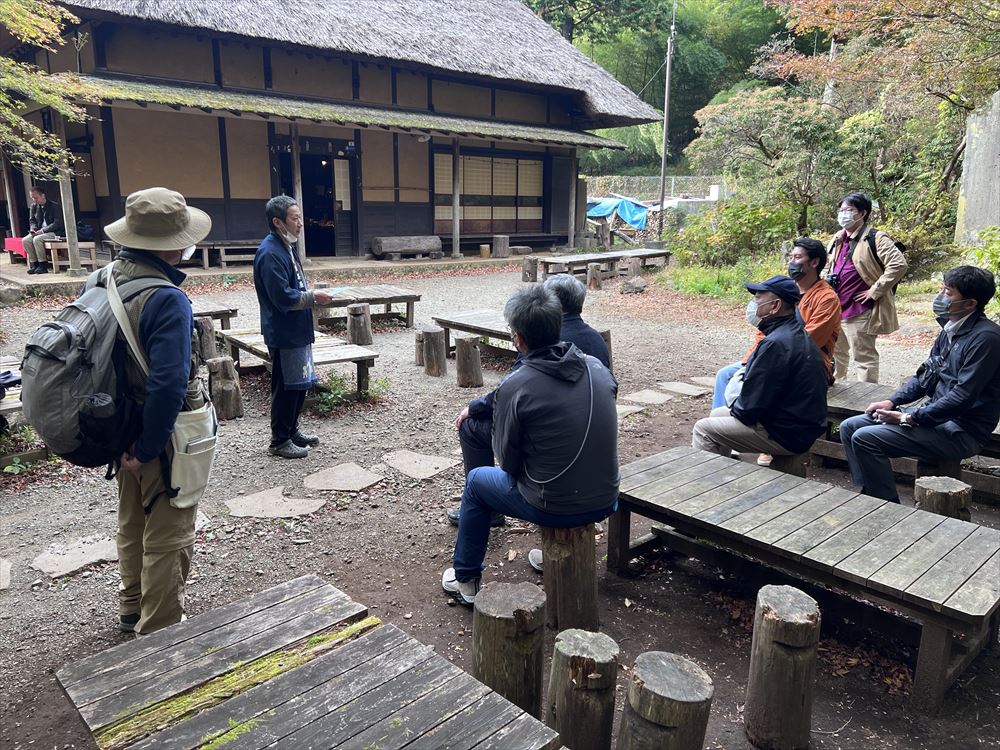
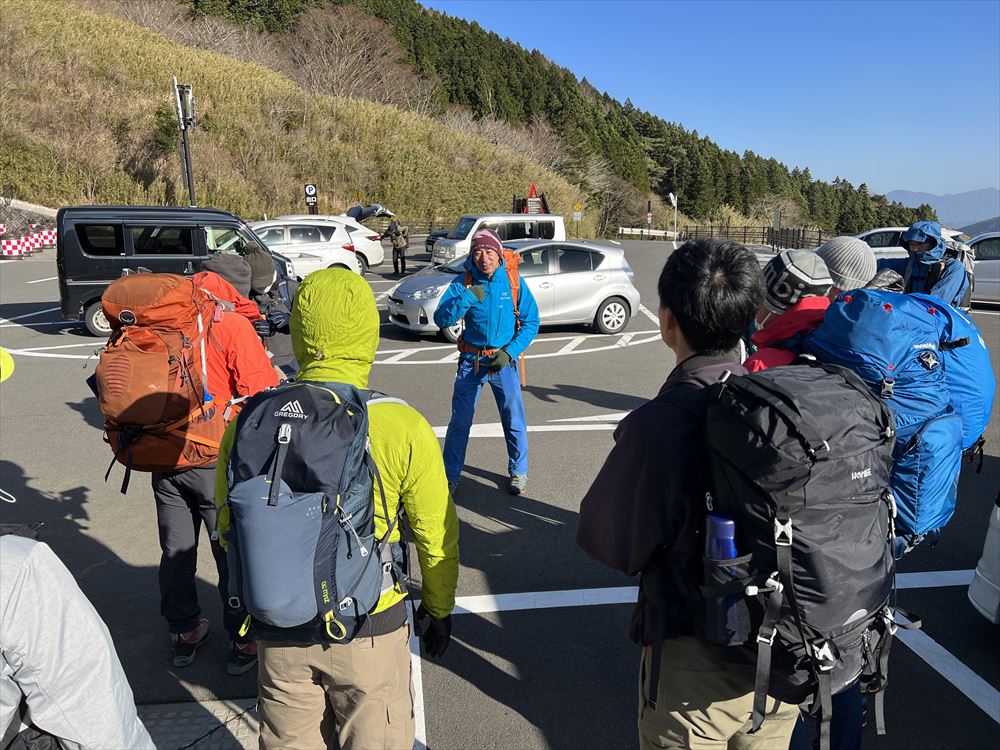
The realization of this multi-year plan will make it possible to further promote the attractiveness of the region during the post-Covid 19 periods and will also enhance the Hakone brand. The plan has laid the groundwork for increasing overnight stays instead of day trips to increase sales within the region, improve the hospitality of the region, increase responsible tourism, and organically link the efforts of different parties together to improve the local brand of the region and Japan.



